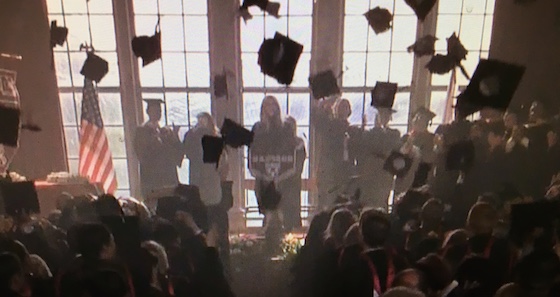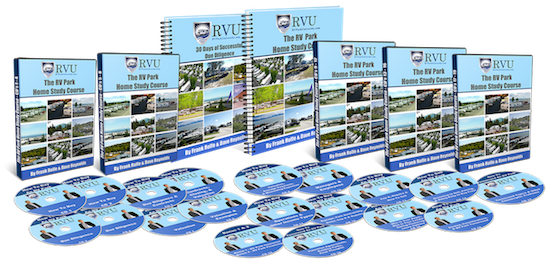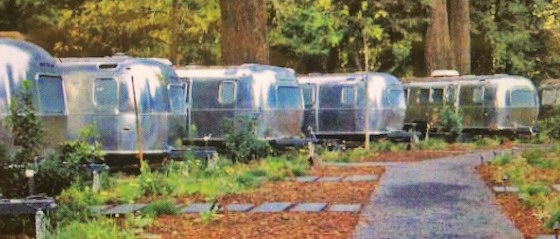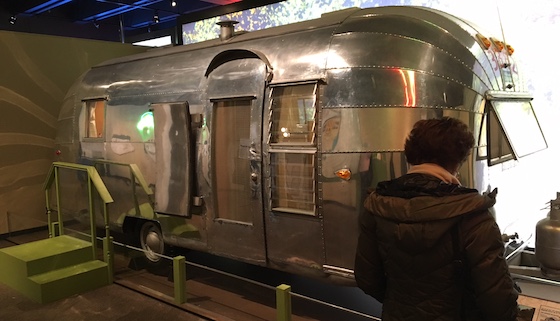Colleges are supposed to prepare their graduates for the outside world. They are entrusted by parents to introduce the basic skills and knowledge to obtain and succeed in a number of careers, from education to engineering to journalism and to medicine. However, there is not a single college in the U.S. that has a course on buying and operating an RV park. And that’s a terrible disservice.
Colleges only point students toward traditional careers
American colleges and universities have a wide range of majors, but they have remained static for around half a century. If you want to be a P.E. teacher, then they have that covered. But what if you want to look into alternative investments and unique sectors of real estate? No offerings. This focus on the same routine careers has not kept in touch with the reality that the world is rapidly changing, and what used to work in the old days is no longer a path to prosperity.
Professors come from academia and not entrepreneurship
Of course, it’s hard to find new careers that meet the changing times in the U.S. when your leaders are products of academia and not real-world experience. The old expression “those who can, do, and those who can’t, teach” is not far off the mark in many cases. As a result, many of the best concepts for making money and having a high quality of life are lost on the next generation.
There are no guaranteed careers today
As we all know, the standard careers that have been promoted for decades are no longer working out. Too many jobs are easily moved to other countries – the internet makes even high level careers, such as accounting, subject to being bid against labor rates in such countries as India. Even what was considered the safest and most profitable career sector of all – medicine – is becoming highly undependable thanks to Obamacare and health care consolidation. The average doctor in the U.S. makes around $125,000, and struggles to make that in a billing nightmare with the U.S. government.
RV parks offer economic stability
Colleges fail to understand that only people who own their own business have a chance of long term success. Working for others is no longer a suitable plan if you wish to have peace of mind. You must be master of your own destiny. And an RV park offers this vital form of financial stability to its owner. Business is based on the relationship between cash in and cash out. RV parks offer strong, steady demand, coupled with low operating costs. And that’s the foundation for economic happiness.
RV park owners have high quality of life
Beyond the financial benefits, RV park owners are also blessed with an extremely high quality of life. Many RV park owner personally supervise their investment, and this gives them the opportunity to have a varied work day both indoors and out. It’s a combination of being Mayor, ambassador, business owner, operations manager and troubleshooter on a daily basis. Because they are totally in charge and set all the rules, RV park owners have little stress and a whole lot of happiness.
RV parks are on the correct side of all U.S. megatrends
Another reason that “RV park ownership” should be a college course is that it sits on the right side of all U.S. megatrends. While medicine has nowhere to go but down, RV parks have some of the best positioning in America today. One of the biggest trends in America is the retirement of the Baby Boomers, defined as those born between 1946 and 1964. This is the largest segment of the U.S. population and are retiring at the rate of around 10,000 per day. Many of these retirees are buying RVs and travelling America in them, which is why RV sales are soaring. Other megatrends that are positive for RV parks are low interest rates, and the desire by younger generations to vacation more economically and with more of a focus on family time.
Conclusion
RV parks are a terrific asset to own. It’s a shame that colleges and universities don’t have them inside their curriculum. But then again, the lack of attention has given you a much better position to find the RV park that fits your budget in the absence of much competition.






